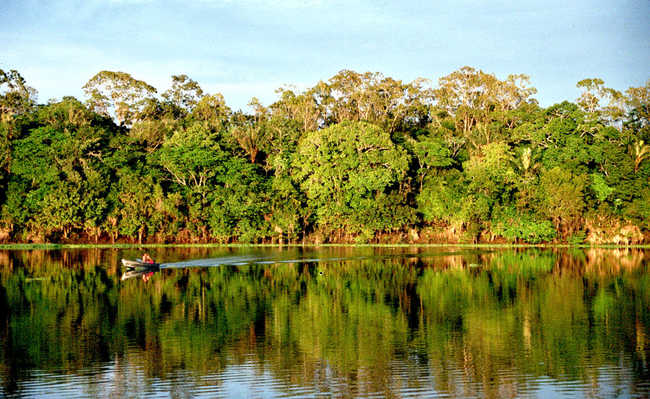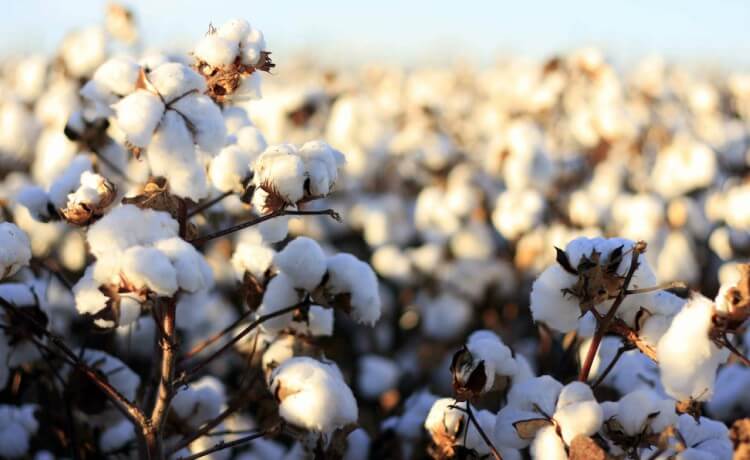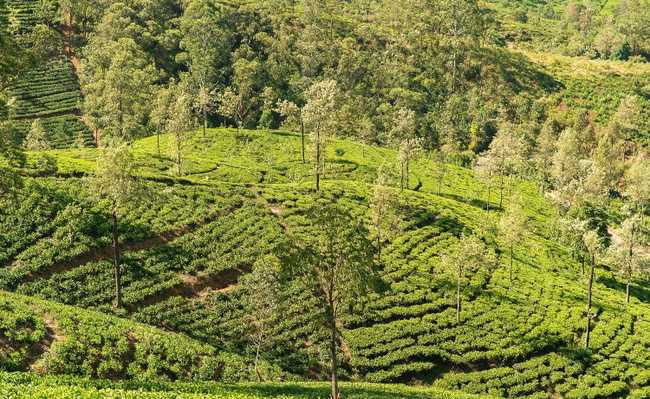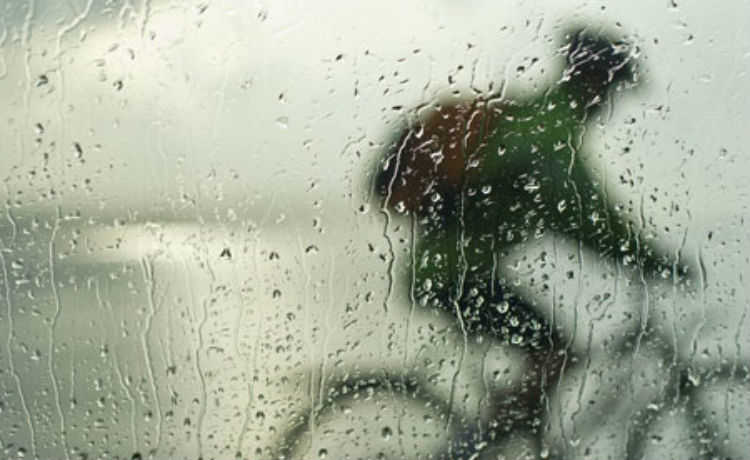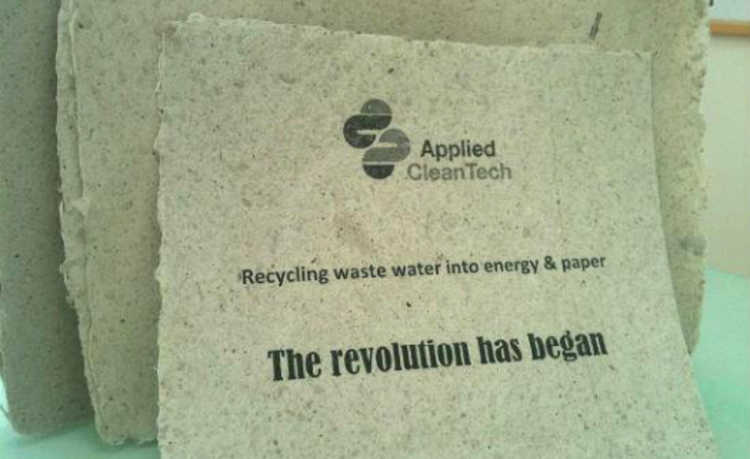Be vegetarian at least once a week
Large amounts of water and energy are saved and you eat healthier

Adhering to the vegetarian style once a week, in addition to being an excellent source of a wide spectrum of substances that are good for the body, such as vitamins, nutrients, minerals, antioxidants and phytonutrients, requires much less energy and water consumption in the process. production than a meat-based diet. The least energy-efficient food in the world today is meat. To be produced, it requires a large amount of water, in addition to being a great polluter.
To give you an idea, a steak requires 35 calories of energy for every calorie it provides for food, according to a Research Review article. This is far from being a good investment. Imagine if someone asks if you want to invest R$73.85 to get a return of R$2.11 - the answer will most likely be negative. According to the Natural Resources Defense Council (NRDC), to produce a kilo of meat, approximately seven thousand five hundred liters of water are needed, which is equivalent to 40 times more water than what is needed to produce a kilo of potatoes.
Meat consumption and comparison with bathing
So that this huge waste of water does not happen, observe a very simple comparison. Reducing meat consumption by between two and three kilos per year can represent significant water savings, as these amounts, depending on the shower used at home, can be equivalent to all the water used in a year of daily bathing.
According to data from Water Footprint, an international non-profit organization that promotes studies related to water consumption, each kilo of meat produced is equivalent to the consumption of 14 thousand liters of water. When considering a five-minute shower (with an economical shower), 9.5 liters per minute are used, which is equivalent to approximately 17 thousand liters in a year of 365 days. In other words, a kilo of meat is equivalent to about 300 baths, something like ten months of cleanliness. Were it for a year of bathing, 1.2 kg of meat would be equivalent.
In an ordinary shower, a five-minute shower consumes close to 95 liters of water, or about nineteen liters per minute. And, in one year, approximately 34 thousand liters are consumed, or the equivalent of water consumption for the production of 2.5 kg of meat. The reduction in annual meat consumption between 1.2 kg and 2.5 kg is therefore equivalent to all the water consumed by an individual in baths in an entire year.
Livestock and water expenditure
There is a lot of talk about the waste of human water in baths, car washing, sidewalks, clothes and other means. But livestock, for example, generates 130 times more waste than that generated by humans, according to the NRDC report, in addition to producing 11 billion kilograms of manure, sludge and slurry waste every year, according to another publication.
And to make matters worse, all this waste emits volatile organic compounds (VOCs), hydrogen sulfide, ammonia and endotoxins. One of the VOCs is methane, which according to the United States Environmental Protection Agency (EPA) is the second most influential gas in the greenhouse effect, with a heat retention capacity 20 times greater than that of carbon dioxide. And alone, the livestock industry is responsible for nearly 20% of that methane in the atmosphere, according to the NRDC.
For these reasons, it is advisable that people change their eating habits and start including vegetables in their meals and, especially, that they make an effort to reduce their consumption of meat. Going at least one day a week without any of this type of protein can be a good start. For many, this is a difficult choice, as the routine would have to be changed. But think about how your body, freshwater reserves and ice caps will thank you for everyone who takes this more sustainable attitude.
Meatless Monday
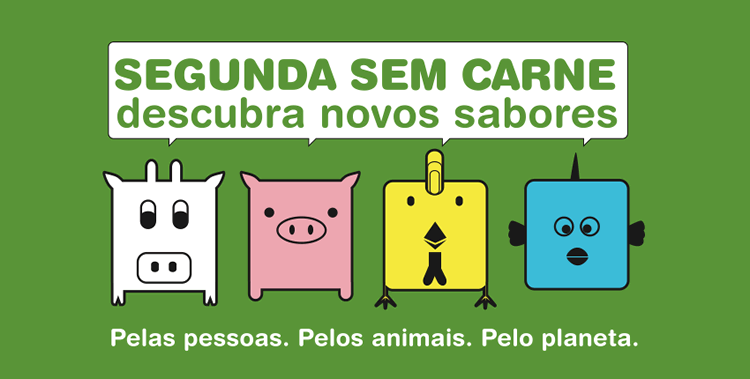
Since 2009, there has been the Second Without Meat campaign in Brazil, which “proposes to make people aware of the impacts that the use of meat for food has on the environment, human and animal health, inviting them to take the meat of the dish at least once a week and discovering new flavors”, according to the official website.
Monday was chosen as the “meat free day” due to the high tradition of meat consumption in Brazil on weekends. Therefore, people would be more likely to eat something lighter on Monday.
The campaign, coordinated nationally by the Brazilian Vegetarian Society (SVB) is present in other countries, such as the United States and the United Kingdom (where it is headed by former Beatle Paul McCartney). To learn more, visit the campaign's official website.
Images: Freepik and Second Without Meat promotion

